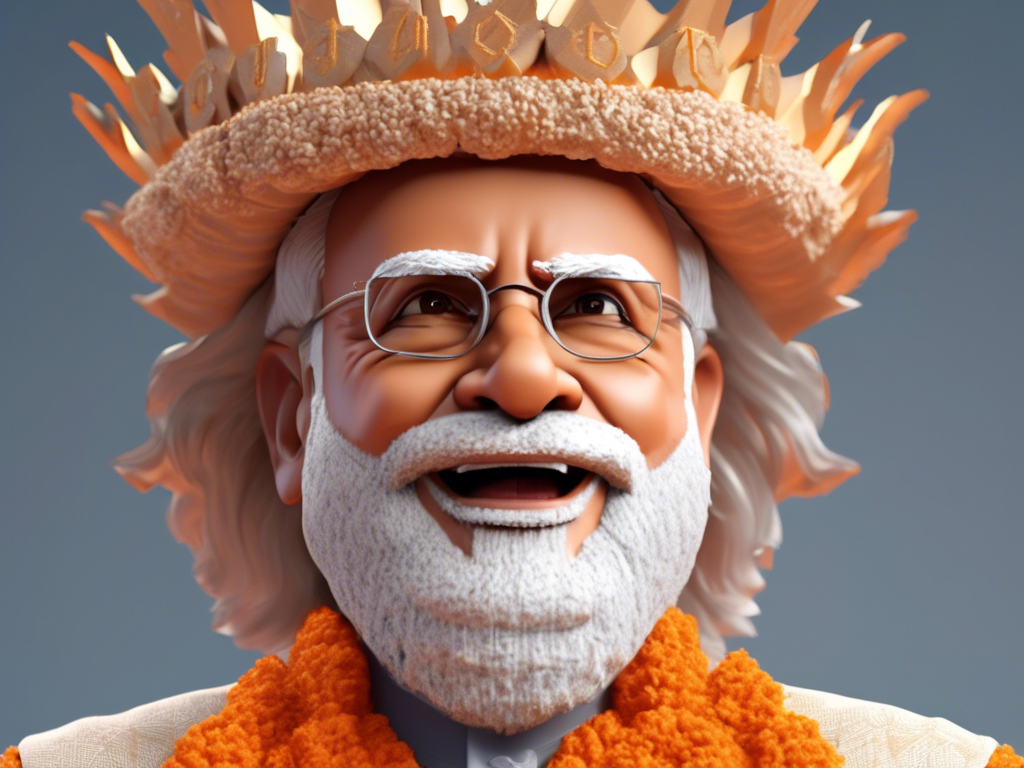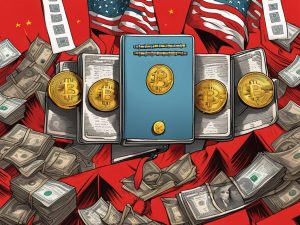The Stock Market After GameStop (Again) | Big Take
The meme stock era, led by Keith Gill, aka “Roaring Kitty,” seemed to have come and gone — until this week, when he reemerged. In 2019, financial analyst Keith Gill started buying shares in GameStop, and for years, he shared his position on YouTube. He believed GameStop was undervalued and that greedy hedge funds were betting the company would fail. This led to a unique situation where retail investors, led by Gill, had a significant impact on the market, particularly with GameStop shares surging to unprecedented levels.
The Comeback of Meme Stocks
After a hiatus, Keith Gill, known as Roaring Kitty, recently resurfaced on social media, reigniting the meme stock madness for GameStop. This sudden resurgence led to a surge in GameStop and AMC stock prices, reminiscent of the frenzy experienced in early 2021. Despite the initial excitement, the rally seems to have tempered, but GameStop shares remain up for the year. The recent frenzy may appear as an attempt to recapture the drama of 2021, but the implications may be more profound.
Redefining Stock Market Dynamics
- The Rise of Meme Stocks: Meme stocks, like GameStop and AMC, operate based on community-driven valuations rather than traditional fundamental analysis. They are stocks that people buy for entertainment and a sense of kinship, distinct from the usual assessment of a company’s underlying value.
- Fundamental vs. Meme Analysis: Fundamental analysis evaluates a company’s financial health, while meme analysis focuses on the collective belief in a stock’s value, regardless of its business performance. The meme stock phenomenon challenges the traditional notion of efficient markets.
- Shift in Investor Perception: The emergence of meme stocks reflects a broader shift in how retail investors view the stock market. With the rise in passive investing through index funds, the allure of traditional stock picking has waned, leading to a resurgence in hobbyist investing through meme stocks.
- Regulatory Oversight: Regulators, like the SEC, have limited scope in controlling meme stock trading, as long as it doesn’t veer into market manipulation. The meme stock craze has highlighted the blurred lines between investment and entertainment in today’s financial markets.
The Future of Meme Stocks
Looking ahead, meme stocks are likely to remain a permanent feature of financial markets, albeit with potential changes in their operation. The lasting impact of meme stocks lies in the lesson they impart on how stocks can be valued collectively, indicating a shift in investor behavior towards non-traditional valuation metrics.
Hot Take: The Evolution of Retail Investing
The resurgence of meme stocks, led by figures like Roaring Kitty, reflects a transformation in how retail investors engage with the stock market. The meme stock phenomenon challenges conventional investment strategies and highlights the intersection of entertainment and finance in today’s trading landscape. As we navigate these evolving dynamics, the legacy of meme stocks will likely shape future approaches to retail investing.





 By
By
 By
By
 By
By
 By
By
 By
By